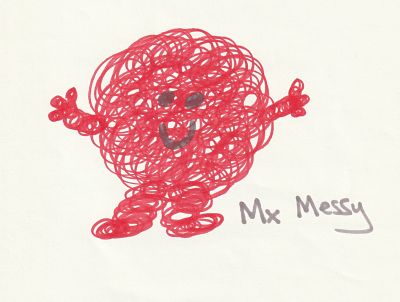
- Right or wrong
- For or against
- All or nothing
- Succeed or fail
- Black or white
- Now or never
- Us and them
- Science or nature
- Logical or irrational
- Creative or analytical
- Strong or weak
- Healthy or ill
- Stressed or relaxed
- Mind or body
It is very hard to escape from this ‘either / or’ way of thinking. The whole of Western culture is built around it and so we are completely immersed in this way of seeing the world. We live in an era of dualism but, if we do ever stop to think about dualism, it’s likely to be as some rather abstract philosophical concept. In reality, dualisms pervade and shape how we live our everyday lives and what we think is possible – and this is having profound, albeit unrecognised, effects on our health and happiness.
Because dualistic attitudes shape our way of being in the world, we tend to be always looking for absolutes but this makes life difficult for ourselves. We believe that we need to ‘get it right’ and to be right. This feeds into a tendency to be judgemental, not just self-critical but also judging others harshly. We miss the nuances, we become unwilling to listen to other opinions, or indeed contemplate changing our own. And, because, things are either good or bad, right or wrong, when we perceive something is not ‘right’, we immediately look for a quick fix to sort it out.
In reality, most things can’t be easily reduced to right or wrong, or one thing or another. Life is messy, and also more interesting. FM Alexander realised this and described the enormity of the challenge we face in trying to move beyond our accepted cultural norms and beliefs. His work centred on the greatest dualism of all – the way we separate ourselves into minds and bodies. He understood that we are mind-body beings and that it is impossible to separate out the ‘physical’ and the ‘mental’. It is not simply that the mind and body are linked – linkage would suggest two separate but joined entities. Rather, every thought we have will play out in some physical quality and vice versa. If we can begin to appreciate the profound implications of this, we might find that new possibilities emerge beyond the either/or options that we can easily fall into.
We can apply the Alexander Technique to any and every aspect of our lives. So, rather than striving for success, in ways which deny our whole, embodied selves, becoming ill in pursuit of unattainable goals, blaming ourselves and becoming disillusioned and giving up, instead, we can find new understandings and experiences of success which enable us to work with, rather than against ourselves, with more care for ourselves and self-acceptance. Through the Alexander Technique we can begin to shape our lives in different, gentler, and productive ways. We discover how to work from wherever we are right now, and how this can make life a bit easier, and more pleasurable for ourselves. When we truly realise that we don’t need to try to be perfect, we can find greater contentment and a better balance in life.

